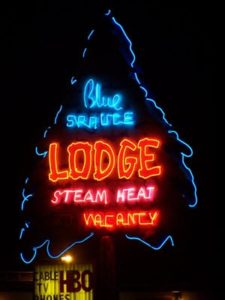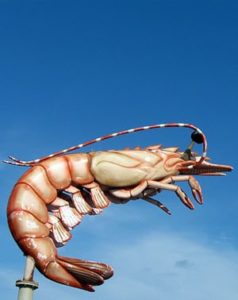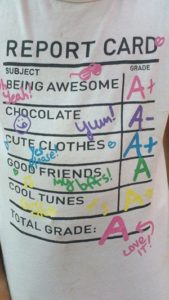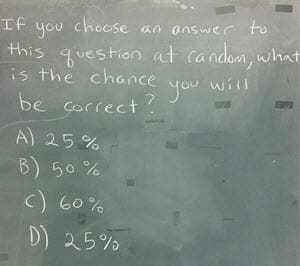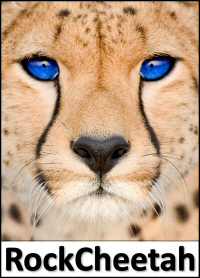The US hotel industry has reached a crossroads. After seven years of continual growth following its worst year since the great depression, US hotel industry performance should expect to plateau in 2017. It’s tough love time for an industry that continues to consolidate, but remains too timid to prune brand portfolios that confuse customers and commoditize lodging product through undifferentiated brand bloat. Plus, competing against rapidly growing, favorably perceived global organizations like Airbnb that structurally trade in unique, highly personalized experiences, does not result from inaction.
Predicting The Marriott – Starwood Brand Deadpool
Which Marriott and/or Starwood hotel brands deserve to survive or die? Marriott International is acquiring Starwood Hotel & Resorts Worldwide for $12.2 billion, creating the world’s largest hotel group, representing over 30 individual hotel brands with over 1.1 million rooms. The objective for global hotel groups hotel is to maximize room density in high demand destinations, but some of the brands will be cast aside into the hotel brand deadpool. Keep, Merge, Kill or Sell are the strategic options facing Marriott’s senior executive team.
Phocuswright Travel Innovation Summit Scorecard – 2015
In 2015, The Phocuswright Travel Innovation Summit has been expanded to showcase 41 companies with new products for the travel industry. New this year, in addition to calling the pool of judges “The Dragon’s Den,” is the new Battleground round where 21 startups compete for three open Travel Innovation Summit slots.
Hotel Brand Differentiation – An Oxymoron?
What should have been a simple task of matching descriptions to the appropriate hotel brand, was instead an impossible challenge. The world’s largest hotel groups, in an effort to rapidly grow have taken shortcuts with fundamental branding. By introducing new, poorly differentiated, lifestyle lodging brands the problem has reached epidemic proportions. In most cases, the major hotel brands do not successfully differentiate themselves based on product, scale or personality traits. As intermediaries continue to grow distribution market share, this could become a problem.
Hotel Brand Explosion Difficult to Describe
The world’s largest hotel chains have recently embarked on an unprecedented period of introducing new lodging brands. Hotel brands differentiate themselves through a combination of physical attributes, service delivery processes and marketing communications that create a unique character in the minds of travelers. Unfortunately, the language used to describe the hotel brands on the hotel websites does a poor job of creating a unique or highly defensible consumer value proposition. This quiz challenges readers to match a genericized description with the correct hotel brand.
Hotel Brand Matching Test Results
Led by Starwood, with Wyndham and Carlson picking up the rear, the online poll asking participants to match each of 100 hotel brands to the appropriate top 10 global hotel group proved to be challenging, with the average score a woeful C-. With hotel groups adding brands at a record pace, this does not bode well for the future.
Match Game – Hotel Brand Edition
The hotel industry is running at record occupancies and rates. However, all the major hotel groups appear to be most interested in creating new hotel brands while business is strong. To see how well this approach is working, here is a brief test – Match the hotel brand with its parent hotel group. Be warned; there are 100 hotel brands for the top 10 hotel groups alone…
PhoCusWright Travel Innovation Summit Bingo
The PhoCusWright Travel Innovation Summit has 30 companies pitching a panel of judges and audience on a wide range of new travel technologies and online services. Travel Innovation Summit Bingo was invented for those attention deficit disorder sufferers who struggle to maintain focus during the six hours of demonstrations. Grab a Bingo card, find a few friends to play with, and get ready to track all the buzz words flying forth from the stage.
Getting Rev’ved Up About Hotel Rate Parity
WIth the United Kingdom Office of Fair Trading deciding that hotel rate parity (resale price maintenance) policies must be abolished, the global travel industry must now prepare for a seismic shift in the balance of power between online travel agencies (OTAs), hotel brands and individual hotel properties. It’s a shame that British regulators got it completely wrong.
Google Redesigns Hotel Search with Big Integration
Google’s hotel search has to balance the needs of hotels, online travel agents, travelers and advertisers. By updating their hotel search, Google has certainly won more fans from the hotel community, but has not alienated advertisers – especially the OTAs. Their trick was to unify hotel search with other forms of local search and to smartly focus on the needs of the consumer.


